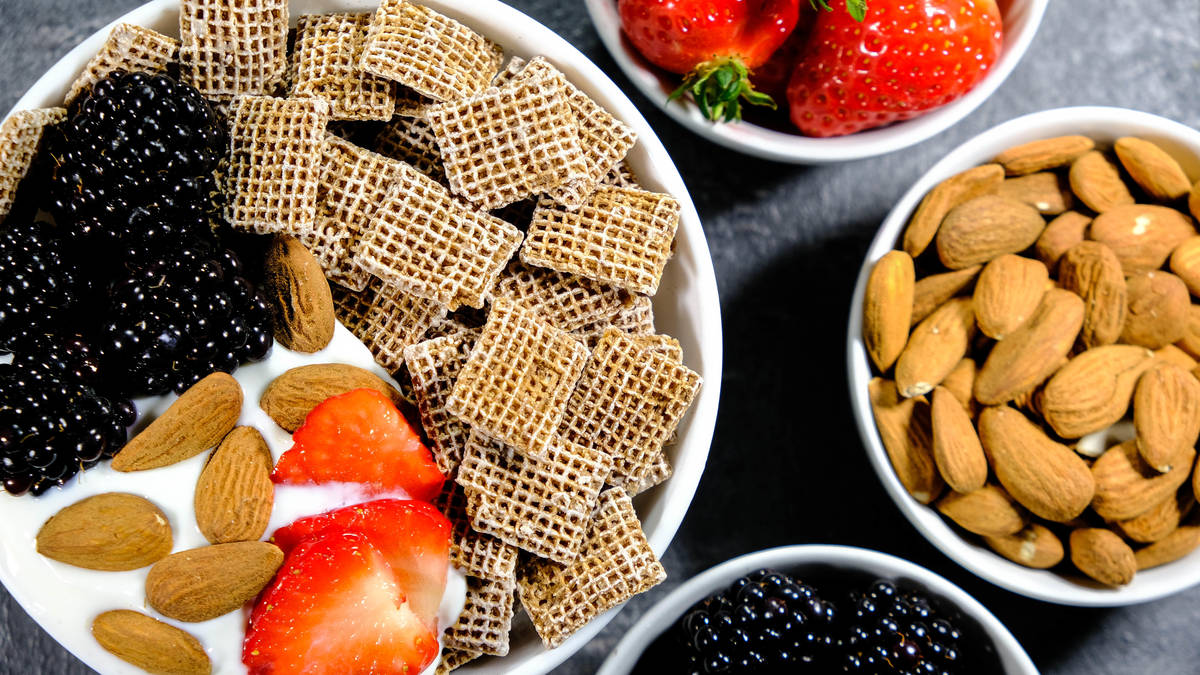TikTok influencers are recommending eating 50-100g of fibre a day for health benefits.
Picture:
Alamy
Young adults are favouring high-fibre foods as TikTok influencers recommend eating 50-100g a day for health benefits.
“Fibremaxxing”, one of TikTok’s latest health trends, is seeing influencers recommend foods high in fibre content such as prunes, chia seeds and chickpeas.
Increased awareness of the health benefits of fibre, particularly in gut health, has seen an increase in influencers sharing recipes including these highly fibrous products.
Data from online supermarket Ocado showed sales of prunes were up 60% in the past year, with fruit and fibre cereal demands also rising 52%.
NHS guidelines say adults should aim to eat at least 30g of fibre a day – a figure that fewer than one in 20 currently meet. Children and teens typically need lower quantities.
Influencers pushing “fibremaxxing” suggest eating between 50 to 100g of fibre a day.
Less than one in 20 adults meet the NHS guidelines of at least 30g of fibre a day.
Picture:
Alamy
Senior nutritionist at Ocado Retail, Charlie Parker, said that fibre has often been “overlooked”, but “awareness is growing” asmore people look to increase their intake.
“What’s encouraging is that many are turning to simple, familiar foods like cereals, beans and fruit to do so – products that are easy to include in everyday diets.
“With younger generations driving much of the interest, it’s great to see a broad recognition of the role fibre plays in overall health.”
Read more: People at risk of death when stroke services only available 9am to 5pm, coroner says
Download the LBC App.
Picture:
LBC
In the UK today, Britons get over half of their daily calories from ultra-processed foods. For teenagers, it’s closer to two thirds.
These foods, often low in fibre and micronutrients and high in sugar, salt and unhealthy fats, often replace naturally fibre-rich whole foods.
Fibre is recommended as part of a healthy diet, and is associated with a lower risk of obesity as it keeps you fuller for longer.
Multiple studies associate high-fibre diets with lower risk of several illnesses, including reducing bowel cancer between 15-30 per cent according to the WHO.

